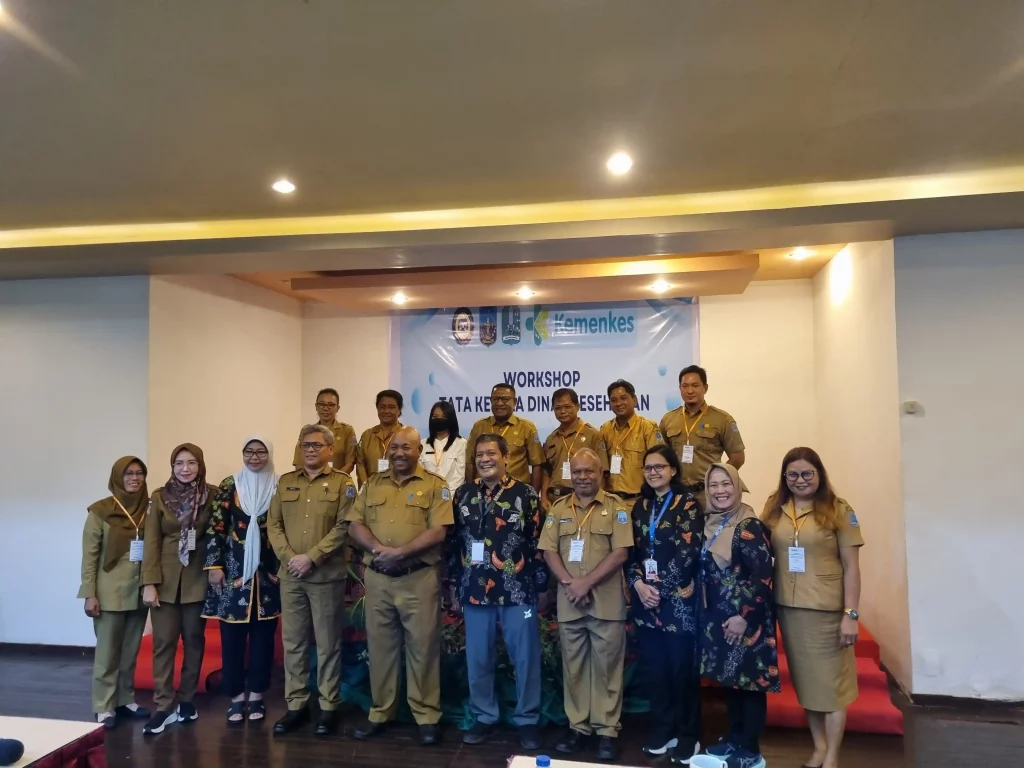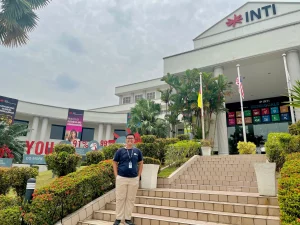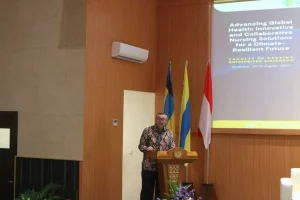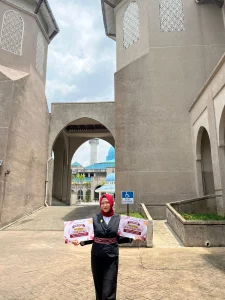UNAIR NEWS – The Faculty of Public Health (FKM) Universitas Airlangga (UNAIR), in collaboration with the Planning Bureau of the Indonesian Ministry of Health, has launched a program to support the governance of the Department of Health in Papua. The initiative is part of broader efforts to achieve the third Sustainable Development Goal (SDG): Good health and well-being.
The main objective of the program is to enhance the capacity (knowledge and skills) of health department personnel, specifically in planning and executing effective health development programs. It will enable the creation of well-structured health development programs that address key health challenges and help local health departments and regional governments meet their performance targets.
Program implementation
Running from March through November, the program encompasses a series of activities, including situational analysis, workshops, advocacy, and discussions on managing contemporary health issues. The focus includes topics such as stunting, Primary Health Service Integration (ILP), and managing community health centers (Puskesmas) as Regional Public Service Agencies (BLUDs). The program’s primary participants are the health planning department teams and relevant cross-sector stakeholders, including Bappeda, in Biak Numfor and Supiori regencies.
A situational analysis revealed several persistent health concerns in these two regencies, such as maternal and infant mortality, stunting, malaria, HIV/AIDS, tuberculosis, and unmet targets related to the Minimum Service Standards (SPM). These issues were explored through a series of workshops with the UNAIR FKM team, and the results were incorporated into the health departments’ 2025 work plans. The development of these plans adheres to the Ministry of Home Affairs Regulation (Permendagri) No. 86 of 2017.
Offering recommendations
The health departments in both regencies had previously been unable to follow best practices for planning, including adherence to the guidelines set forth by Permendagri No. 86 of 2017. One of the main challenges in planning was the availability and accuracy of data related to activities and outcomes.
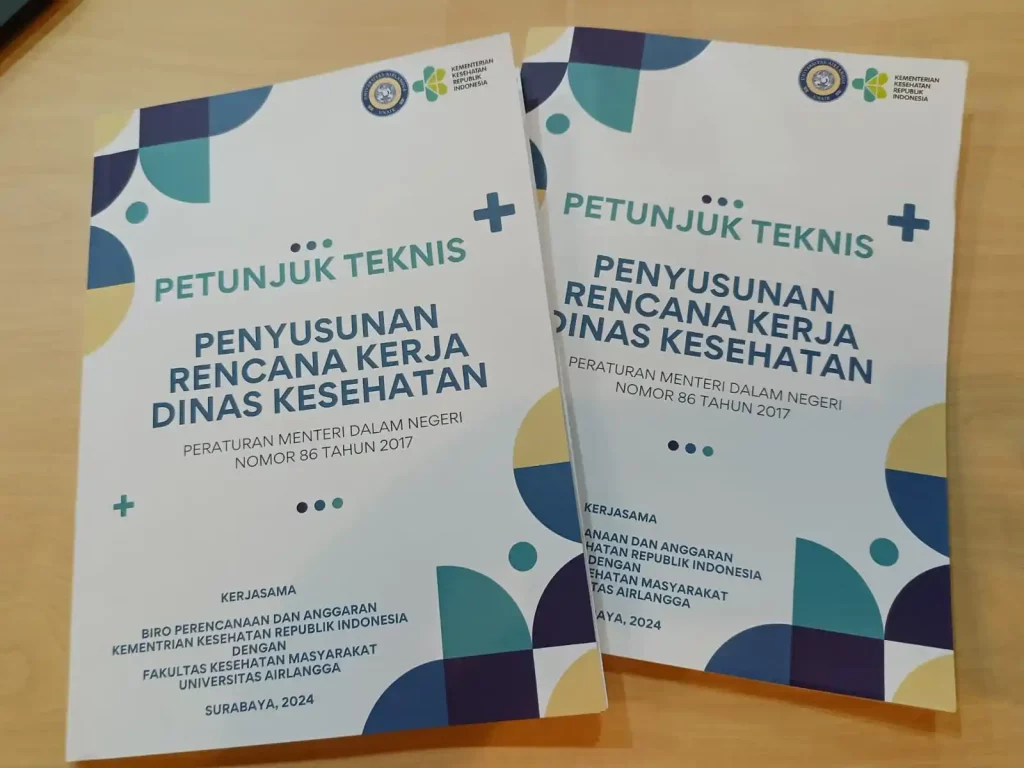
The UNAIR FKM team provided recommendations to improve the documentation process, including recording and reporting activities through a tiered system from Puskesmas to the health departments, according to each department’s structure. Embracing digital technology was emphasized as a key solution for resolving data-related issues, as accurate and reliable data are essential for effective program planning.
In addition to data challenges, strengthening human resource capacity, particularly in planning, remains a key issue for improving health development governance. The workshops conducted as part of the support program have provided the necessary tools to enhance the health planning process in both districts. With proper planning based on accurate data and evidence, health and administrative issues are expected to addressed effectively.
At the end of the program, the UNAIR FKM team presented each district with a Technical Guidebook for Developing Health Department Work Plans, in line with Permendagri 86 of 2017. This guidebook, created by the UNAIR FKM team with support from the Ministry of Health’s Planning Bureau, will assist districts in preparing their future work plans.
Author: Djazuly Chalidyanto
Editor: Yulia Rohmawati


